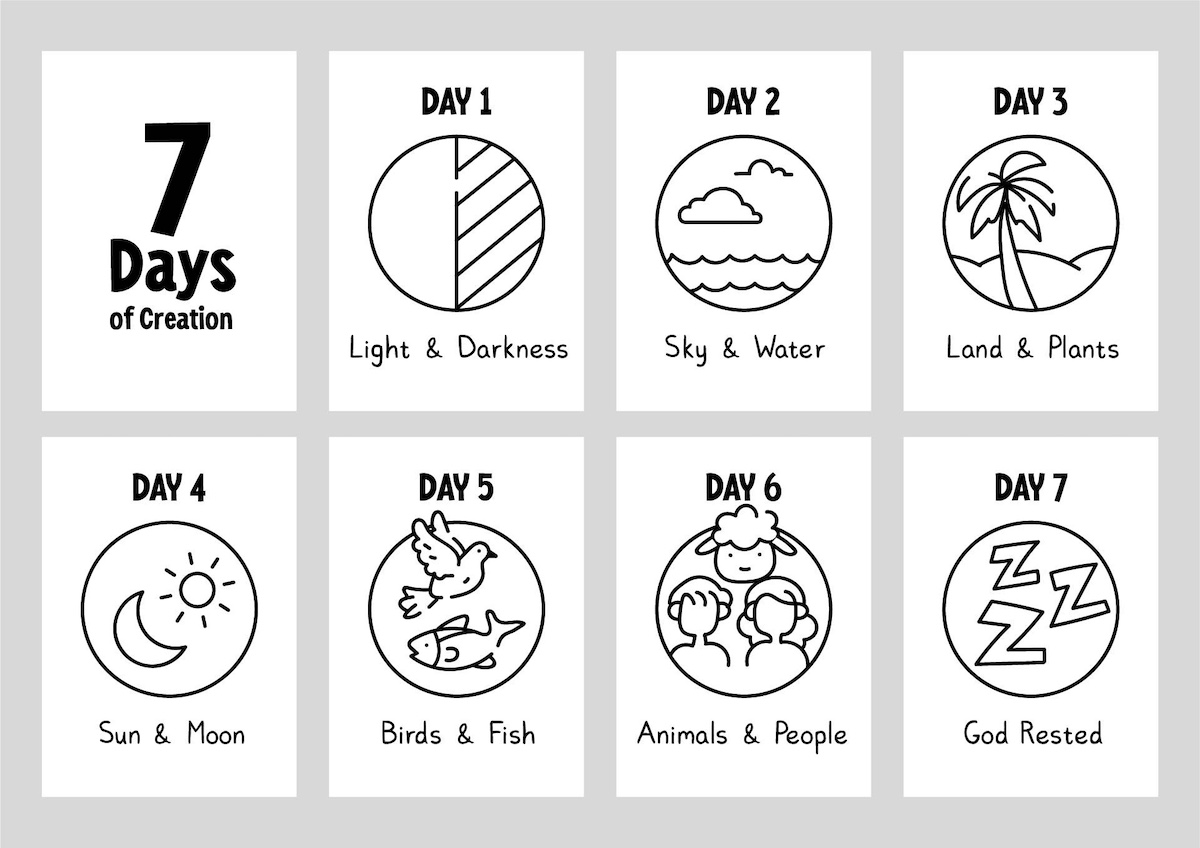The opening chapters of the Book of Genesis provide a foundational narrative for understanding the Judeo-Christian concept of creation. The theological reflections embedded in these verses offer profound insights into God's creative process, the purpose of humanity, and the divine order of the cosmos.
Let's delve into the theological richness of Genesis, exploring key themes that shape our understanding of God's creative work.
- Divine Utterance and Creation:
- Genesis describes God's creative act as a series of divine utterances. The phrase "And God said" precedes each element of creation, emphasizing the power of God's spoken word in bringing forth the material and living world.
- Creation ex Nihilo:
- The theological concept of creation ex nihilo, meaning "creation out of nothing," is evident in Genesis. God's ability to bring forth the cosmos without pre-existing material underscores His omnipotence and sovereignty over all that exists.
- The Order of Creation:
- Genesis presents a structured order in the creative process, moving from the formation of light to the establishment of the natural elements, living creatures, and finally, humanity. This deliberate sequence reflects divine wisdom and purpose.
- Humanity as Imago Dei:
- The theological concept of Imago Dei, meaning "image of God," is introduced when God creates humanity. This reflection of God's image in humanity signifies a unique relationship, endowing humans with dignity, moral responsibility, and the capacity for relationship with the divine.
- Sabbath and Rest:
- The establishment of the Sabbath, a day of rest, is a theological marker in Genesis. God's rest after the completion of creation not only underscores the divine pattern but also invites humans to participate in the rhythm of work and rest.
- Stewardship and Dominion:
- The charge for humanity to have dominion over the created world is accompanied by the responsibility of stewardship. This theological concept emphasizes a harmonious relationship between humans and the natural world, rooted in care and responsibility.
- Theological Reflections on Goodness:
- Repeatedly, God observes each aspect of creation and deems it "good." This theological affirmation underscores the inherent goodness of the created order and the intentional design of a world harmoniously interconnected.
- Fall and Redemption:
- Theological Continuity:
- The theological reflections in Genesis lay the foundation for a continuity of divine themes throughout the biblical narrative. Concepts introduced in the creation account resurface in later scriptures, contributing to the overarching theological tapestry.
The theological reflections on God's creative process in Genesis provide a rich tapestry of foundational beliefs in Judeo-Christian thought. From creation ex nihilo to Imago Dei, the ordered structure of creation, and the theological reflections on goodness, Genesis serves as a theological wellspring that shapes beliefs about God, humanity, and the purpose of creation.




